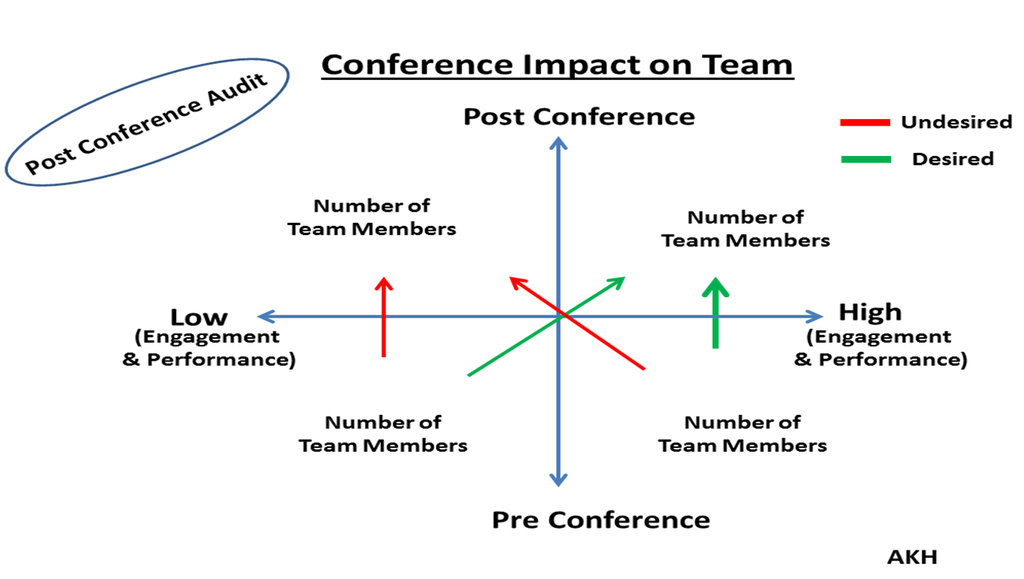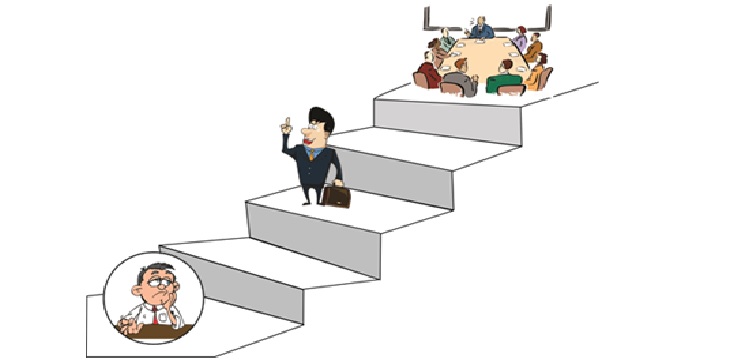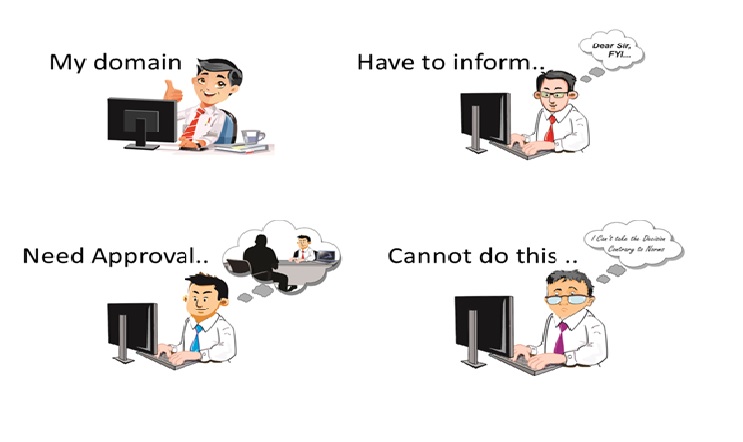
When experts and skilful employees begin to take their success for granted, the unexpected happens. They fail. This is true for employees and true for companies. Take the case of a sales executive who delivered results continuously for ten years but is now struggling for numbers for last two years. Ignorant of definite reasons solutions elude him. His energy, participation, motivation and engagement have dipped. Sales have gone for a toss. Work seems more like tolerance than enjoyment. Peter Principle, that Managers rise to their level of incompetence, sets in.
Well, there is a cause to every effect. We have closely studied such patterns in last twenty years and through close observation of cases have come to following dominant reasons.
1. Health
a) Mr X was among the best employees in the company working in sales department, met his targets year after year and was highly appreciated by all. He had close contacts with customers and enjoyed great reputation in the market. He was diagnosed with clogged arteries, decided to undergo surgery with a private institution. Company went overboard to meet 70% of the treatment expense against written policy. Mr X felt the support was inadequate and ever since his engagement fell and he finally left the organization.
b) In his book ‘Serve to Win’, Novak DJokovic writes that It struck him after the match ( Australian open quarter final against Jo-Wilfred Tsonga in 2010) that he should have won. He lost with intermittent medical timeout and abdominal discomfort. In 2011 Djokovic won three Grand Slam tournaments – Australian Open, Wimbledon and US Open, won an astonishing 50 out of 51 tournaments over 12 months. In 2012 he beat Rafael Nadal in Australian open in a match that lasted 5 hours and 53 minutes. What transformed him? Till 2011, he had skills, talent, drive, but he was eating Gluten which did not go with his system. He was allergic to it. Once diagnosed, he removed healthy whole grains from his diet and we know what happened ever since to his performance. Health and performance have a strong connection than we care to admit.
2. Company Policy
Mr Z has been consistent in results, had multiple promotions and rose to the position of a Sales Manager in a pharmaceutical company selling prescription drugs. Company changed its’ policy with respect to free bonus on products revising it downwards for distributors and retailers. Management explained the policy stating that free units only benefited the trade and had nil effect on patient, prescriptions and doctors. Mr Z could not come to terms with the shift in policy, nor could convince his team and thus his performance dipped that year. It is hence important to ensure that policy is either accepted in spirit by staff or it gets reviewed and amended.
3. Family
This manager lost his wife at young age, needed to tend his little kids, is caught in a dilemma, whether to remarry or not. It has begun to affect his work and results.
Reasons affecting performance could be many, including children, sickness of a member, relations with the spouse, excess loan, property disputes etc. Sometimes family hits a jackpot (share market/inheritance/ plum post of a family member) that gives excessive security to the employee and he begins to take his employment easy.
4. Team
This manager lost his best team member to competition and ever since the performance of the team has fallen low. If a manager has six members in a team, all six must operate on all cylinders, it then becomes easy to replace one member’s loss and restore business.
5. Thinking own start up
This manager was evaluating a start-up venture of his own. With the mind split between options, his involvement at job and thus performance reduced considerably for two quarters. The plan did not work out and he finally decided to continue his employment and returned back to his earlier performance.
6. Boss
Many employees feel that they do not get timely raise, praise and promotion. Good work gets rewarded by more work. They feel seniors change their tone with change in results. As performance falls, supervision goes up and trust goes down. Sensitive and strategic information is not shared with them. Employees find this insulting. HBR’s article titled ‘Set up to fail syndrome’, says, “our research strongly suggests that bosses—albeit accidentally and usually with the best intentions—are often complicit in an employee’s lack of success.” Employees begin to feel victims and lose interest in job.
7. Bored
The manager has moved up in designations but his job functions have not enlarged. There is no job rotation as a concept in his company. He is higher up in position with more employees in his team – all doing similar work. He does not find new challenges, no new learning, is fatigued with monotony. It is hence important that job demands, skill set and spirit are aligned.
8. Peter Principle
Many managers do not keep up to date with times. Markets change, so does competition. These managers find difficult to establish new brands and businesses. They choke while pressure builds up at work.
The downward spiral is not sacrosanct. It can be unwound through conscious counselling, positive affirmations and structured programs to develop employees.







Recent Comments